RESEARCH
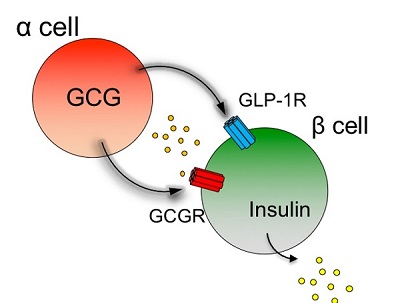
Alpha to Beta Cell Communication
Alpha cells secrete glucagon; beta cells secrete insulin. Classically, these hormones are viewed as having opposing actions in the regulation of glycemia. Insulin drives glucose values down, while glucagon is viewed as a counter-regulatory hormone that raises glucose to prevent hypoglycemia. However, our group has described how proglucagon products from alpha cells communicate with beta cells to stimulate insulin secretion. Importantly, interrupting this communication severely limits insulin secretion. We continue to build on these observations, exploring the physiological and pharmacological relevance of alpha to beta cell communication as a central node for postprandial metabolism.
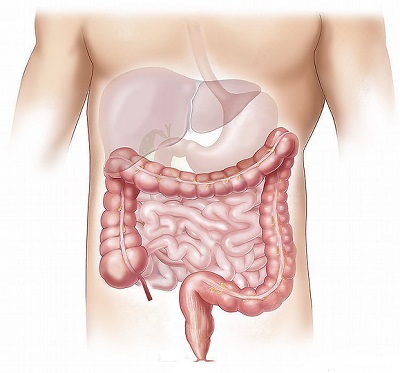
Mechanisms of Bariatric Surgery
Bariatric surgeries such as roux-en-y gastric bypass (RYGB) and vertical sleeve gastrectomy (VSG) lead to profound weight loss and often an improvement in dysglycemia. Our group has developed a mouse model of VSG to test the mechanisms of bariatric surgery. We have demonstrated that VSG induces dramatic increases in beta-cell function, which occur rapidly and independly of changes in body weight. We are now using genetic mouse models and unbiased approaches to understand how VSG build better islets.
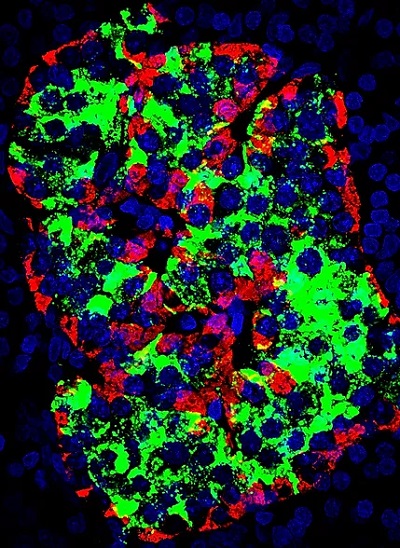
Regulation of Alpha Cell Function
Glucagon secretion from alpha cells is essential for postprandial metabolism of glucose and amino acids. Yet, relative to beta cell function, very little is known about the mechanisms to regulate alpha cell function. How do alpha cells sense changes in glucose concentrations? Amino acid concentrations? Are these events subject to similar regulatory mechanisms that dictate beta cell function and insulin secretion? Our group is investigating novel mechanisms that determine alpha cell function and the impact these pathways have on metabolic control.
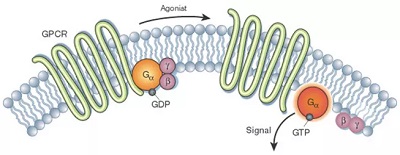
G-Protein Coupled Receptor Signaling
The hormones we study (GIP, GLP-1, and glucagon) signal through class B G-protein coupled receptors (GPCRs). Classically, these receptors are described to couple with G-alpha proteins and signaling predominantly through cAMP pathways. Recent progress in this area has revealed the signaling of these receptors is more complex than previously appreciated. Our group is using genetic and pharmacological approaches to unravel the signaling pathways engaged by specific ligand-receptor combinations, and the impact this has on islet cell function.
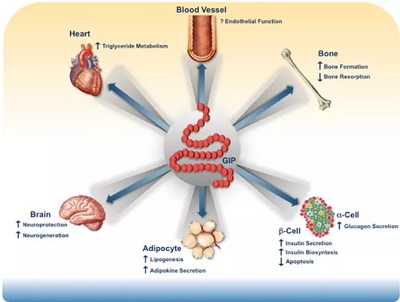
GIP - the Other Incretin
GLP-1 and GIP are the two physiological incretins that regulate postprandial metabolism. Three decades of research has documented the physiological and pharmacological importance of GLP-1, yet very little is known about GIP. Our group is investigating the metabolic role of GIP in islets cells, adipocytes, and the brain. We are doing in the context of monoagonism at the GIP receptor, as well as the potential additive/synergistics effects GIP agonists could have with GLP-1 or glucagon.
